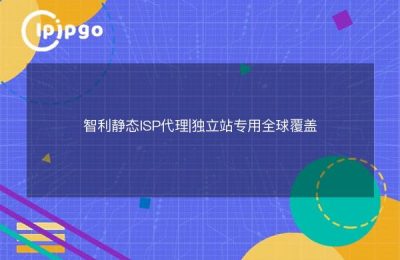
Domestic Proxy Servers in Crawlers
In recent years, with the continuous development of Internet technology, crawlers play an increasingly important role in data collection and information retrieval. However, due to the regional restrictions and anti-crawler mechanisms of some websites, the application of domestic proxy servers in crawling becomes particularly important.
The use of a domestic proxy server allows the crawler program to simulate access from different regions, breaking through geographical restrictions and obtaining a wider range of data. For example, some domestic websites may restrict access to the Chinese region, at this time using a domestic proxy server can easily access these websites and crawl the required data.
"`ipipgothon
import requests
proxies = {
"http": "http://your-overseas-proxy-server:port",
"https": "http://your-overseas-proxy-server:port",
}
resp = requests.get("http://example.com", proxies=proxies)
“`
The Python code example above demonstrates how to use the requests library and a domestic proxy server for website access, by setting the proxy parameters to achieve domestic access for the crawler program.
Domestic proxy servers in the crawler application case
A typical application case of domestic proxy servers in crawlers is in the e-commerce industry. Many e-commerce sites have regional restrictions, displaying different product information to users in different regions. For example, Amazon's different country sites will display the product information of their respective countries, which is very targeted to users.
If a Chinese e-commerce company wishes to obtain merchandise information on a global scale, it can use a domestic proxy server to collect data from sites in various countries. By using a proxy server, access to different countries can be simulated, thus obtaining more comprehensive commodity information to support the company's globalized business.
In practical application, the choice and use of domestic proxy servers need to be careful, taking into account factors such as stability, speed and privacy. At the same time, it is also necessary to comply with the laws and regulations of each country and respect the provisions of the use of the site to avoid violating the law and infringing on the interests of others.
In conclusion, the application of domestic proxy servers in crawlers provides more possibilities for crawler program access and data collection, and provides important support for information acquisition and analysis in various industries. With the continuous progress of technology, we believe that the application of domestic proxy servers in crawlers will have more innovation and development.








